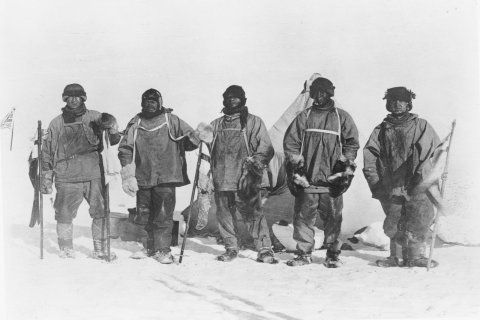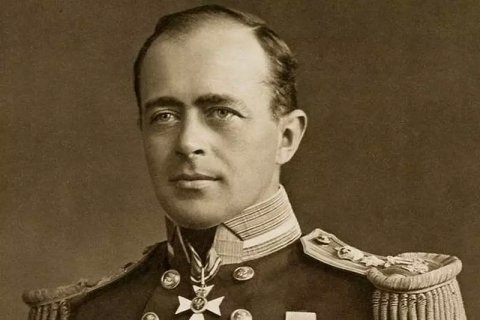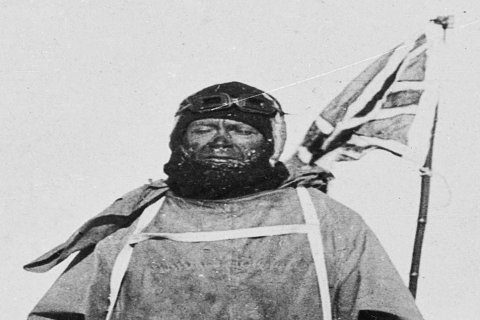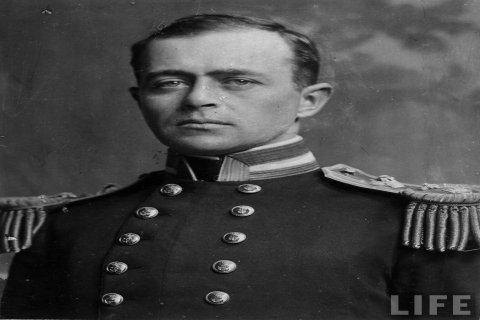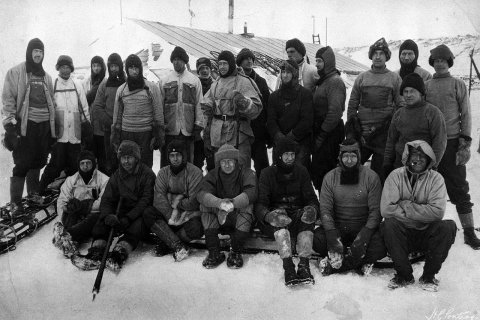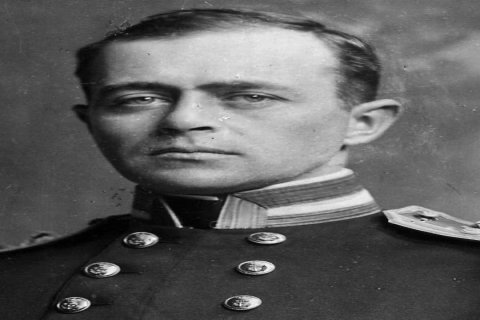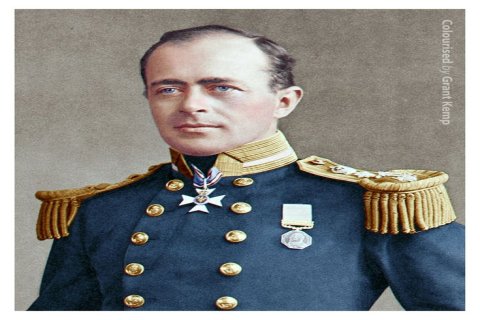Robert Falcon Scott
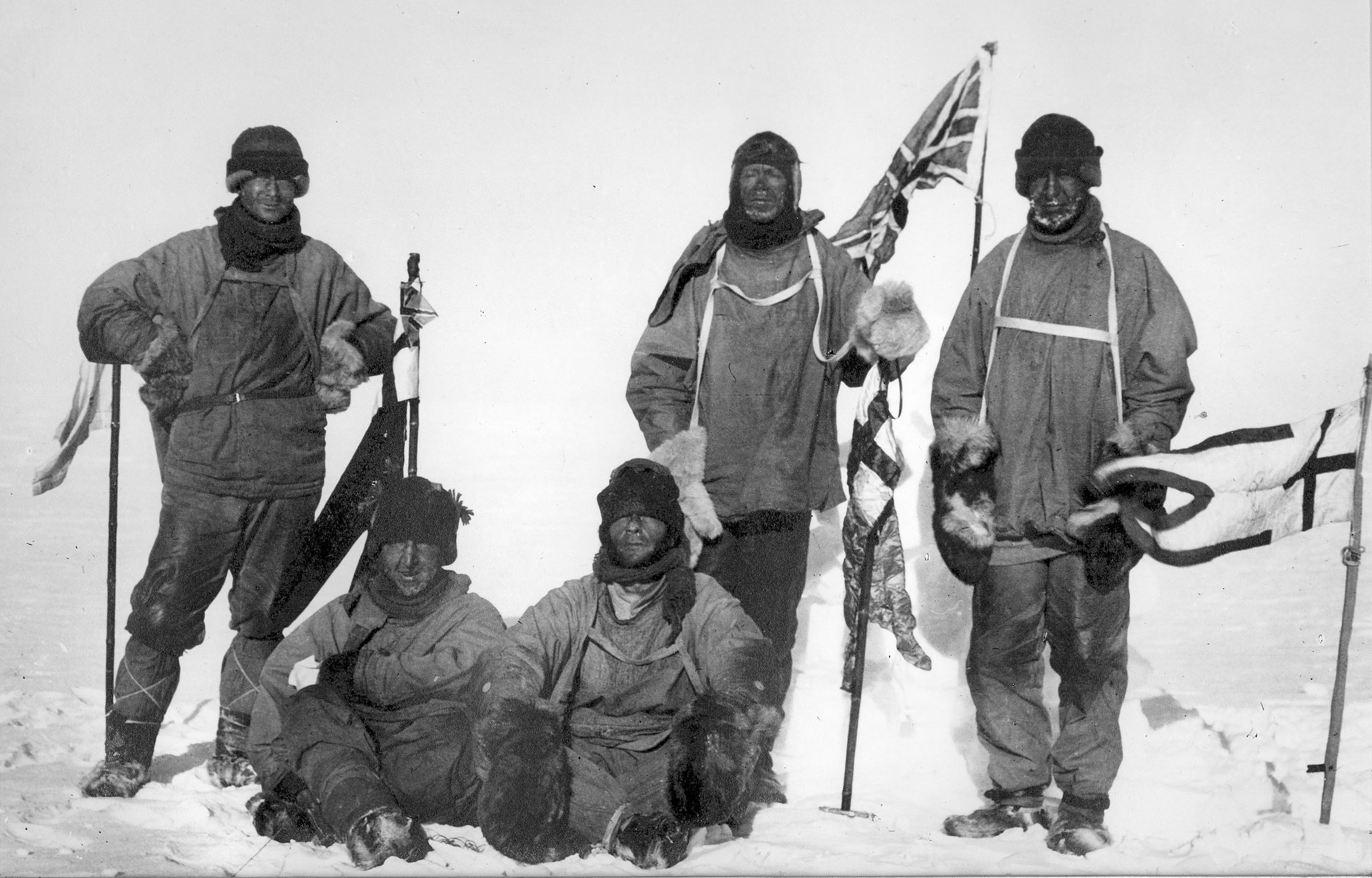
Robert Falcon Scott
- Born: June 6, 1868, Plymouth, Devon, England
- Died: March 29, 1912, Antarctica
- Occupation: Royal Navy officer and explorer
Early Life and Career
Robert Falcon Scott was born on June 6, 1868, in Plymouth, Devon, England. He was the son of John Scott, a brewer, and Hannah Scott. Scott attended the Royal Naval College in Dartmouth, Devon, and joined the Royal Navy in 1883. He served in various parts of the world, including the Mediterranean Sea, the West Indies, and the Far East.
First Antarctic Expedition
In 1901, Scott was appointed to command the Discovery Expedition, the first British expedition to Antarctica. The expedition's goal was to explore the Ross Sea region and to reach the South Magnetic Pole. Scott and his team spent two years in Antarctica, during which time they made a number of important discoveries, including the Ross Ice Shelf and the Beardmore Glacier. They also reached a new record latitude of 82°17'S.
Second Antarctic Expedition
In 1910, Scott led a second expedition to Antarctica, known as the Terra Nova Expedition. The goal of this expedition was to reach the South Pole. Scott and his team faced a number of challenges during their journey, including extreme weather conditions, crevasses, and food shortages. They eventually reached the South Pole on January 17, 1912, but they were beaten to the pole by a Norwegian team led by Roald Amundsen.
Death
Scott and his team began their return journey from the South Pole on February 11, 1912. They faced even more difficult conditions on their return journey, and they were eventually forced to abandon their sleds and supplies. They died of starvation and exposure on March 29, 1912. Their bodies were found eight months later by a search party.
Legacy
Scott's expeditions to Antarctica were important milestones in the history of polar exploration. He and his team made a number of important discoveries, and they helped to raise awareness of the challenges and dangers of polar exploration. Scott is remembered as a brave and determined explorer, and his story continues to inspire people today.
Celebrity
Robert Falcon Scott was a celebrity in his lifetime. He was widely admired for his bravery, his determination, and his leadership skills. He was also a popular speaker and writer, and he published several books about his expeditions. After his death, Scott became a national hero in Britain. His story was told in books, films, and television programs, and he was honored with statues and memorials.
English Language
Robert Falcon Scott's expeditions to Antarctica had a significant impact on the English language. He and his team introduced a number of new words and phrases into the language, including "blizzard," "crevasse," and "iceberg." They also helped to popularize the term "polar exploration." Scott's writings about his expeditions are also considered to be important works of English literature.

